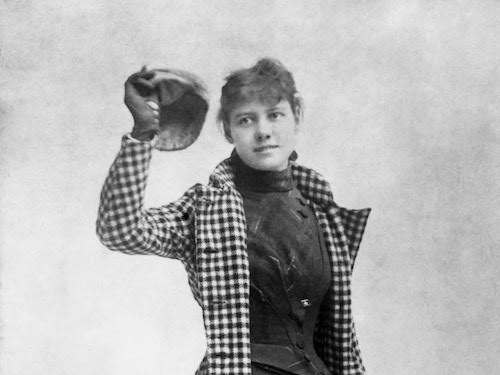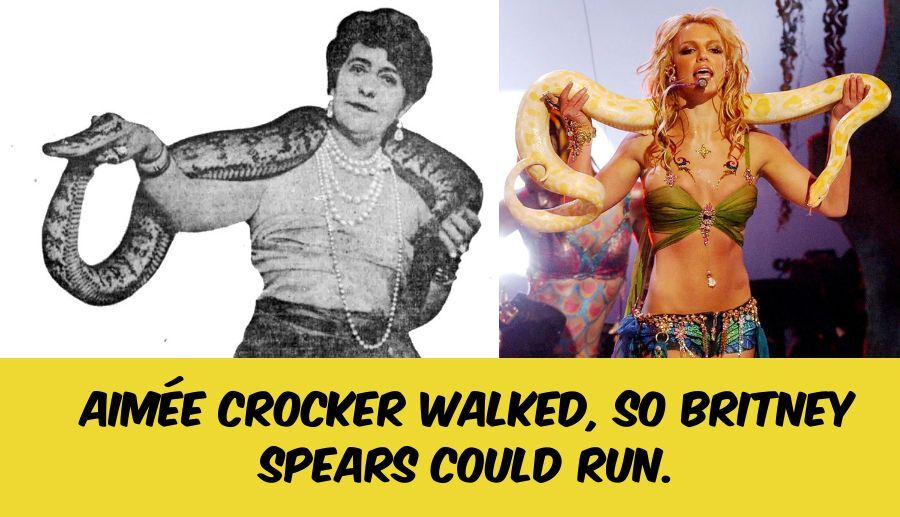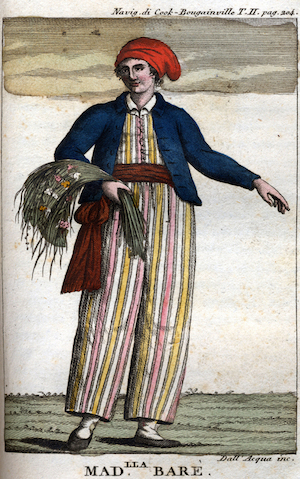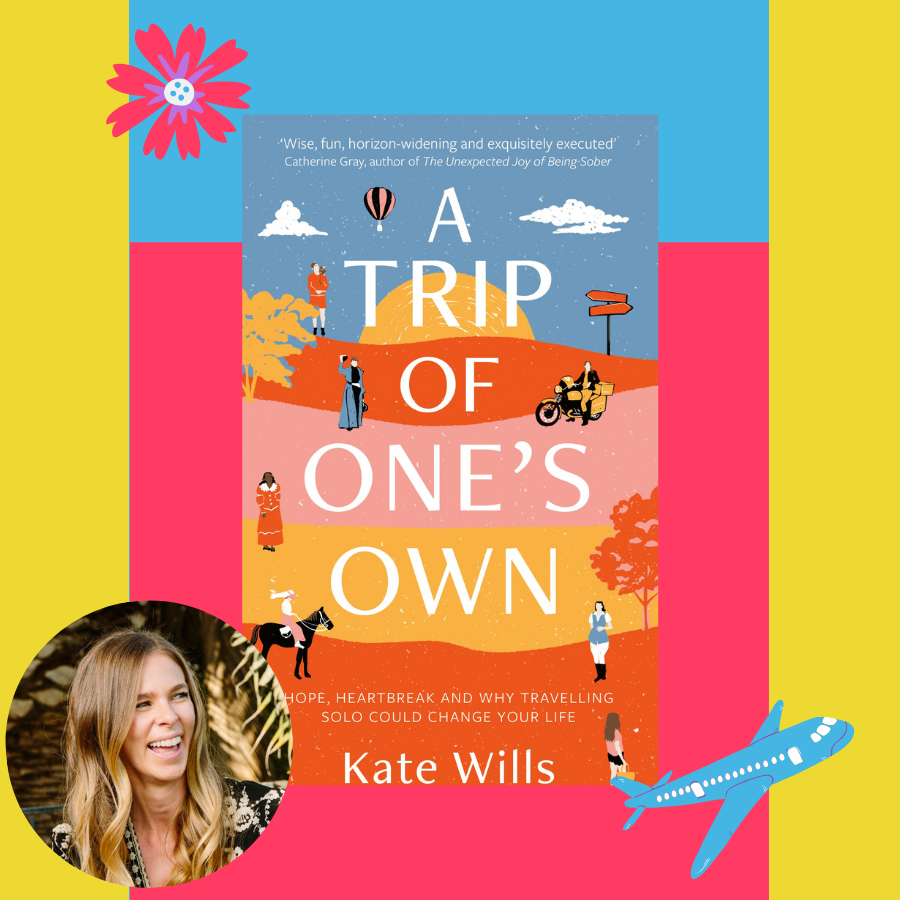A Trip of One’s Own: Hope, Heartbreak, and Why Traveling Solo Could Change Your Life is a fun and heart-warming travel memoir by British travel journalist Kate Wills. In the book, Wills’ own tale of solo traveling is interwoven with practical tips and stories of intrepid women travelers throughout history. As Wills adjusts to a new kind of solitude after her divorce, she takes inspiration from women like Nellie Bly, an American travel journalist who traveled around the world in 72 days in 1890; Egeria, a Christian who wrote about her travels to the Holy Land way back in the 380s; and Jeanne Baret, an expert botanist who dressed as a male sailor to circumnavigate the globe in the 1760s. I spoke with Kate Wills about her research and how traveling solo while female can be a radical act.
This interview has been lightly edited for length and clarity.
You write about so many inspiring solo women travelers throughout history. Was there one you connected with the most?
I felt some affinity to all of them because I was looking for that connection. I suppose Nellie Bly is the one that I felt most similar to. She’s a travel journalist like I am, and she’s quite honest about the things that go wrong. Like, she gets really travel sick and is vomiting on a boat, and she wakes up really late and misses things. I really identified with that because all of my travels are very chaotic and kind of badly organized. I feel like I’m sort of rushing around from place to place, so I connected with Nellie on that level.
All of these women were trying to do something a bit different than the path that we think of women as traditionally following. At the time in my life that I wrote the book, I felt like I was out of step with a lot of my peers and a lot of my friends, because I wasn’t doing that whole marriage and babies and settling down thing. So, I did connect with all of them.

What was the most surprising thing you learned in your research?
Emily Hahn is full of surprises. She was definitely one of the most entertaining to research. She was traveling through China in the ‘30s and getting addicted to opium and doing naked photo shoots. She had a pet gibbon called Mr. Mills. She used to dress him up in a dinner jacket and take him to parties and things like that. In fact, there were quite a few women travelers who had exotic pets that kind of surprised me. Aimée Crocker was called the most fascinating woman of her age in the ‘30s. She had five husbands and lived this very wild life. She traveled a lot in India and she used to host these crazy parties back in New York. She apparently used to turn up to these parties with a 60-pound boa constrictor wrapped around her neck, which reminds me of Britney Spears. She was cool!

If you could ask Egeria one question, what would it be?
Egeria is such a blank. There’s so little that we know about her, so I really had to imagine a lot for that chapter. I’d love to know what her little creature comforts were, like what she would do to unwind at the end of the day. I imagined her traveling by donkey or by camel, and that’s obviously so different to how we travel now. And then, you know, she can’t just be putting on Netflix or having a nice cup of coffee. So, what were her little luxuries that she took along the way? I think that gives real insight into a person—what they take with them on a trip.
In the chapter “A Man’s World?” you write about Jeanne Baret in the 1700s and explore the idea of dressing or acting like a man to feel safer or to get more out of certain traveling experiences. What might your ideal travel experience look like in a patriarchy-free world?
It’s funny, because we have moved on so much since those times, and yet still there are things women can’t do when traveling. If I say to people that I’m going to hitchhike or I’m going to camp out alone, people are always really surprised and concerned. That’s why I think traveling solo if you’re a woman can be a feminist act in itself. We get conditioned to tell girls and women to “stick together” and “don’t go off on your own.” To branch off and have these adventures solo does feel quite radical sometimes.
Ideally, I’d love it if women could just totally get lost and have that same freedom that men seem to take for granted. It’s definitely getting better. I’ve become more confident in traveling by myself, so I feel less need to hide my femininity. In the book, I talk about going to India when I was 25. Everyone said to me, “Oh my god, as a young woman on your own, and as a blonde, you’re just going to get so hassled” so I really was taking steps to protect myself—not nearly the lengths that Jeanne Baret goes to, obviously, but I wore baggy clothes and I dyed my hair and I cut it off. I think that just helped me to feel a bit more protected. But as I’ve gotten older I just feel that, yeah, even if I am in a space where I’m the only woman or where people have said, “Maybe you shouldn’t go there as a woman on your own,” I just feel a lot more capable of handling that.

What are 2-3 main pieces of advice you’d give to someone about to embark on a big solo trip for the first time?
The first one would be to practice a little bit at home. I’m always surprised when I meet people and not only have they never done a trip solo, but they’ve never done anything solo. So that would be the first step—practice a little bit before you jump in the deep end. The second tip is to book something quite concrete for your first night, so you know where you’re staying and you know where you’re going to eat. Because sometimes when you’re alone and you don’t have someone to help make plans, you can feel a bit overwhelmed.
The third tip I would say is just to be kind to yourself. This is good advice for everything, not just traveling solo. I feel like women especially are good at being critical when things go wrong, and things do go wrong when you’re traveling. When you’re by yourself, it’s even more important to be kind because you are literally your own best friend on this trip. Be a gentle and supportive voice to yourself. There’s a Maya Angelou quote I mention in the book, which is that the wisest thing you can do is to be on your own side. It sounds so simple but I think for a lot of my life I was just never in my own corner. I was always the critic and always being harsh on myself. So just be kind.
What do you hope readers will take away from reading the book? (This American reader started looking up flights to Europe!)
I just hope readers feel as inspired as I did by these amazing women, and that it shines a light on some really badass women in history who have been quite overlooked and not celebrated as they should’ve been. I’d love it if people did take a solo trip. It doesn’t have to be around the world, but even just in their own city, having some adventures on their own.
Follow Kate on Instagram and Twitter. You can also read some of Yasi’s recommendations on traveling safely.

